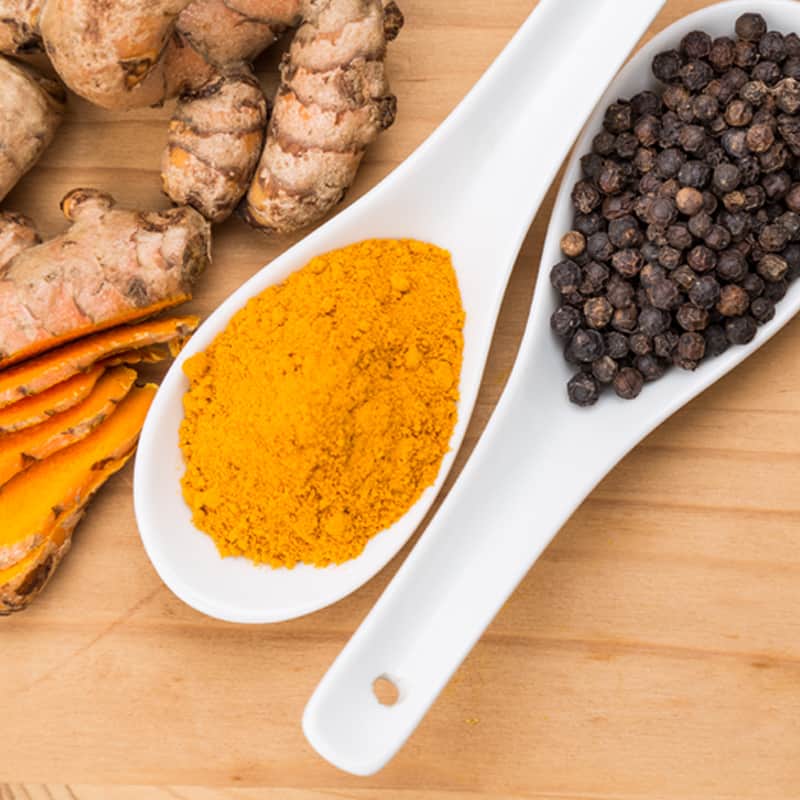Buy Shrooms, CBD, LSD
Turmeric and Black Pepper: A Natural Anti-Inflammatory Duo
Inflammation is at the root of many chronic conditions — from arthritis and heart disease to digestive disorders and even depression. While inflammation is the body’s natural defense mechanism, chronic inflammation can wreak havoc on long-term health. Fortunately, nature offers powerful tools to fight it. Among the most celebrated: turmeric and black pepper.
This golden duo isn’t just flavorful — it’s a scientifically-backed, natural anti-inflammatory combination that’s gaining popularity in both wellness circles and clinical research. Let’s explore how these two humble spices work together to reduce inflammation and support overall health.
What Makes Turmeric So Special?
Turmeric is a bright yellow spice derived from the root of the Curcuma longa plant, commonly used in Indian cuisine and Ayurvedic medicine. Its active compound, curcumin, is where the magic lies.
🌿 Key Benefits of Curcumin:
- Anti-inflammatory: Curcumin blocks NF-κB, a molecule linked to inflammation and chronic diseases.
- Antioxidant: It neutralizes free radicals and boosts the body’s own antioxidant defenses.
- Supports joint health: Clinical studies show curcumin helps reduce pain and stiffness in arthritis patients.
- May boost brain function: Curcumin increases levels of BDNF (Brain-Derived Neurotrophic Factor), which supports memory and learning.
However, there’s a catch: curcumin has low bioavailability, meaning your body doesn’t absorb it easily on its own.
The Power of Black Pepper
Enter black pepper — specifically, its active compound piperine. This spicy molecule does more than add heat to your food; it plays a critical role in enhancing the effectiveness of curcumin.
🌶️ Piperine’s Role:
- Boosts absorption of curcumin by up to 2000%
A landmark study published in Planta Medica found that combining curcumin with piperine dramatically increases its bioavailability in humans. - Anti-inflammatory on its own
Piperine also exhibits anti-inflammatory, antioxidant, and antimicrobial properties, making it a valuable supplement in its own right.
In short: Turmeric and black pepper work synergistically — piperine makes curcumin vastly more absorbable, unlocking its full potential.
Scientific Backing: What the Research Says
🧪 1. Arthritis Relief
Multiple studies have shown curcumin’s effectiveness in reducing joint pain and stiffness in people with rheumatoid arthritis and osteoarthritis. One clinical trial even found curcumin to be as effective as ibuprofen in managing knee osteoarthritis — without the gastrointestinal side effects.
🧪 2. Gut Health and Digestion
Turmeric is known to aid digestion and reduce symptoms of irritable bowel syndrome (IBS). Piperine may also help stimulate the digestive tract and increase nutrient absorption.
🧪 3. Brain and Mood Support
Both curcumin and piperine influence serotonin and dopamine, the “feel-good” neurotransmitters. Curcumin also crosses the blood-brain barrier, offering potential neuroprotective effects.
🧪 4. Heart Health
Curcumin improves endothelial function (the lining of blood vessels), and its anti-inflammatory properties reduce the risk of heart disease. Combined with piperine, these effects are amplified.
How to Use Turmeric and Black Pepper Together
To get the most benefit from this duo, they must be consumed together in the right form. Here are the most effective ways to incorporate them into your daily routine:
🍽️ In Food:
- Add turmeric and a pinch of black pepper to soups, stews, curries, or scrambled eggs.
- Mix into rice, roasted vegetables, or lentils for a flavorful and functional meal.
- Make a golden latte with turmeric, pepper, milk (or plant-based alternative), and a bit of honey.
💊 As a Supplement:
- Choose turmeric or curcumin capsules with added piperine for optimal absorption.
- Follow dosage recommendations (typically 500–1000 mg of curcumin daily with 5–10 mg piperine).
- Always consult your healthcare provider before starting supplements, especially if you’re on medication (as both curcumin and piperine can affect drug metabolism).
Are There Any Side Effects?
In general, turmeric and black pepper are safe when used in moderate culinary amounts. However, in high doses:
- Curcumin may cause stomach upset or interfere with blood thinning medications.
- Piperine can slow the metabolism of certain drugs, leading to increased drug levels in the body.
Pregnant women, people with gallstones, or those on regular medications should talk to a doctor before taking high-dose supplements.
Conclusion: A Golden Combination for Natural Wellness
Turmeric and black pepper aren’t just spices — they’re a powerful anti-inflammatory duo backed by science. Together, they can help reduce chronic inflammation, support joint and digestive health, and even protect the brain and heart.
If you’re looking for a natural way to boost your overall wellness, adding this golden pair to your diet might just be the perfect place to start.

